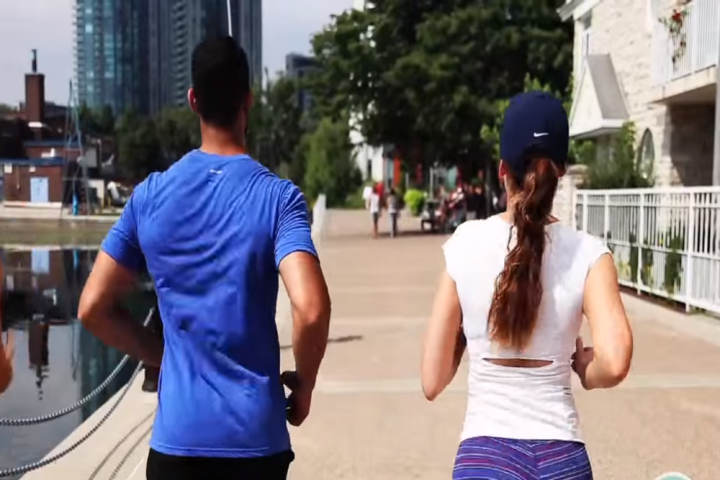
Bvddy, the product of Miami, Florida-based startup Buddy Tech, was conceived as a virtual matchmaker for athletes — sort of like a Tinder for sports. It’s the brainchild of Pedro Ast, a former professional tennis player who has himself experienced the sort of “unstructure” that hampers recreational athletics. “I played competitively growing up, and got a tennis scholarship to school in Miami,” he said. “But once I graduated, it became a lot harder to find people to play.”
It’s a problem exacerbated for sports players who move to an unfamiliar city. “It’s more difficult to keep in touch as my friends were moving through life,” Ast said. Even when he did manage to find a handful of willing participants, the team’s messaging apps of choice frequently became unwieldy. “I’m a member of a group 20-something people are a part of,” Ast said. “When there’s, like, a soccer match tomorrow at 8 p.m., people start to reply, and throughout the day we end up with a thread with 100-plus messages.”
Ast had his work cut out for him: developing an app that would not only simplify the process of finding partners, but that would avoid doing so haphazardly. “You want to be matched with people you’ll like, and with whom you’ll enjoy playing” he said. It ultimately took the form of a Bvddy, a mobile app that suggests area athletes most likely to match your style and level of play.

It’s in many ways like a dating app. You create your account using a Facebook profile, which Ast says helps ensure a level of integrity on the part of individual users. You then fill in fields about your favorite sports, skill level, physical attributes, and demographics, after which you’re presented with a list of potential matches. Each profile has a rating, and that rating changes based on factors like level of responsiveness, conduct, and real-life behavior. “People get to rate you,” Ast said, “and as you continue to get reviewed by people, the app normalizes the score. The last thing we want is people creating crappy profiles.”
That’s all fine and good, but what’s to prevent a dishonest third party from, say, purporting to be a basketball pro when they haven’t hit a court in years? Partly the nature of the thing, Ast argues: most people tend not to underrate or overrate themselves when they know they’ll have to compete. “When you’re playing a game like tennis for pleasure, the last thing you want to do is face someone who’s substantially better than you,” he said. And then there’s Bvddy’s algorithmic smarts to consider: Ast said the app considers a host of unexposed data points when pairing players.

But matching like-minded folks is only part of the equation. The other half is helping those newfound teammates and competitors coordinate events, and luckily Bvddy has considered that element, too. “Everything is automated,” Ast said. “People join events, pull out [of them], and there’s a waiting list.” Scheduling is based on a system of availability: when a player indicates he or she’s available for, say, a tennis match, Bvddy’s algorithms factor not only that schedule, but ongoing, similar events nearby. It’ll even recommend appropriate venues like gyms, golf courses, tennis courts.
Bvddy, perhaps unsurprisingly, has found a devoted following. Since launching in South Florida a year ago in October, the number of active users has grown “past six figures,” Ast said. And the startup has its eyes set on expansion: Bvddy launched in New York, Chicago, and Austin markets this past summer, and in September added Salt Lake City to that roster.
Eventually, Ast hopes to monetize the growing user base in “subtle ways.” He’s entertained the idea of “paid events” — think a $20 yoga class at a park — of which Bvddy would take a cut. Beyond booking, Ast said as-yet unrevealed “premium features” would likely launch down the line. A recent $1.5 million in seed funding, though, has given the startup enough cushion to focus on what Ast argues is Bvddy’s core component: relationships. “Our number one focus has always been building smarter matching algorithms,” Ast said. “You can use that connection to build friendships.”


